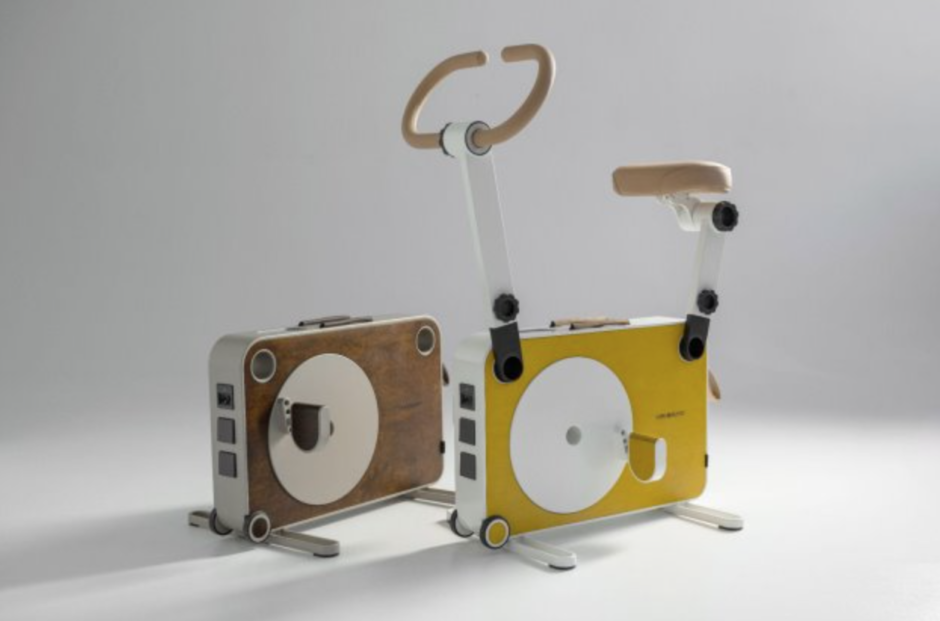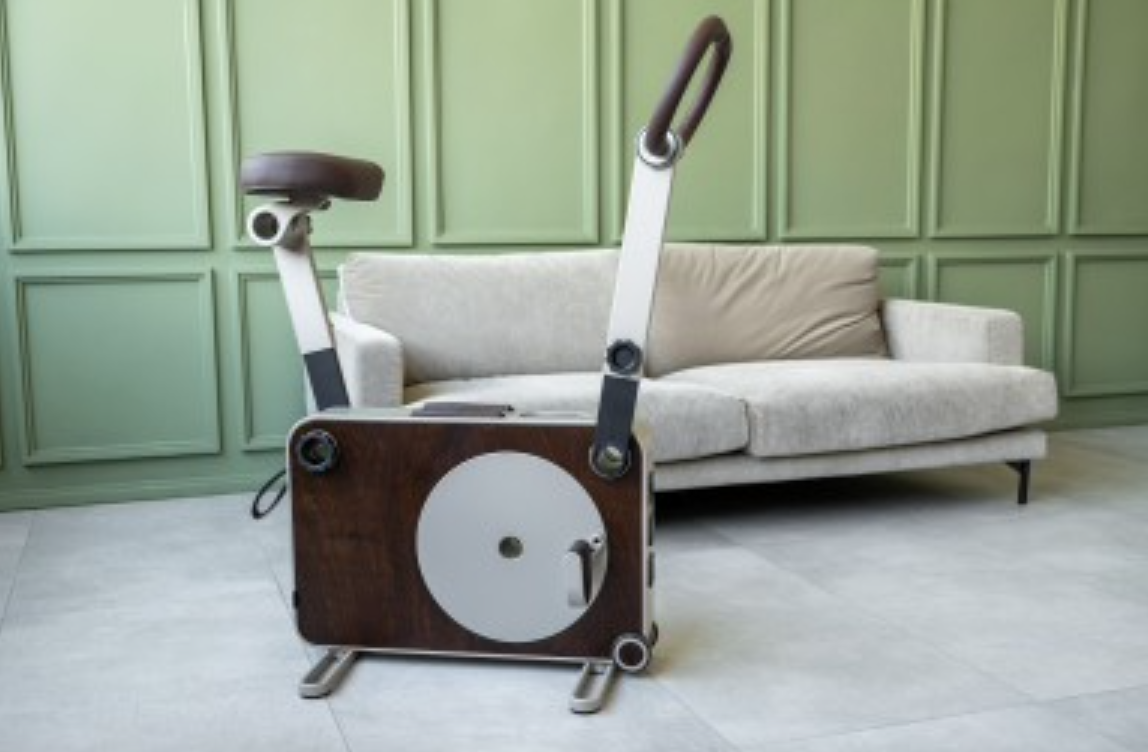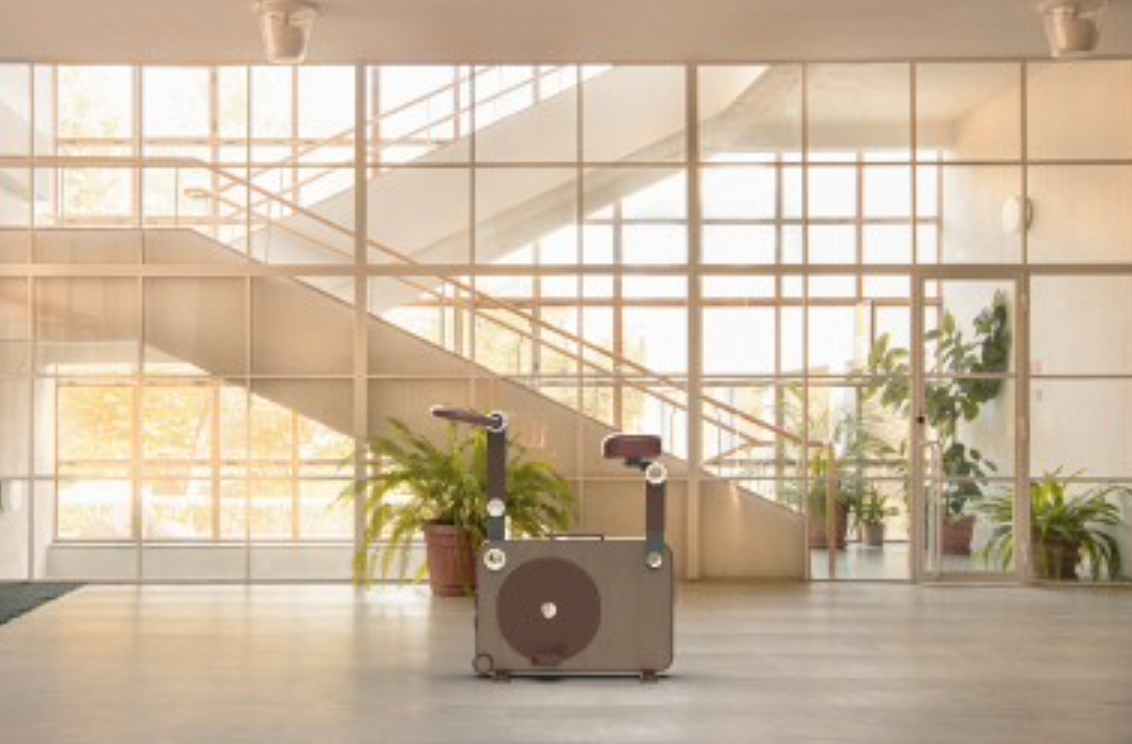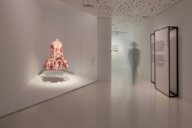INNOVATIVE ECO-TECH SOLUTIONS COMBATTING GLOBAL WASTE
Tackling the pressing issue of yearly electronic waste (e-waste), innovative companies like Tukas EV are stepping up with solutions like the HR Bank — a versatile exercise bike that doubles as an eco-friendly energy storage device. This invention is more than just a smart energy solution; it’s a leap forward in reducing waste through thoughtful, sustainable design and production.
One of the critical environmental challenges today is the escalating problem of e-waste. Globally, we produce a staggering 347 million metric tonnes of e-waste each year, but only a mere 17.4% is recycled properly. This alarming statistic underscores the urgent need for the tech industry to embrace eco-friendly design and manufacturing methods.
Responding to the e-waste crisis with sustainable innovation
The tech sector, a significant contributor to e-waste, is now being closely watched to reduce its environmental impact. In a significant move, Tukas EV has launched the HR Bank — an exercise bike that also serves as an energy storage unit. This innovative bike allows users to harness power from solar, kinetic, or wind energy.
Aurelijus Jaškulis, COO of Tukas EV, explains, “We aimed to craft a product that seamlessly integrates into various lifestyles and environments, demonstrating that functionality, style, and environmental responsibility can coexist harmoniously.” The HR Bank is a testament to this philosophy, blending sleek design with eco-conscious materials.
Tailoring design to meet diverse requirements.
Recognizing the varied needs of its users, the HR Bank is designed with versatility in mind. It features adjustable elements like handlebars, seats, and tilt angles to suit users of all ages. It even offers an optional desk attachment, making it perfect for both home and office settings. This adaptability encourages prolonged use, aligning with sustainable consumer habits.
In its commitment to eco-friendliness, Tukas EV has chosen sustainable materials like recycled aluminium and FSC-certified birch plywood for the HR Bank, thereby reducing the need for new resources and cutting down energy use in production.
A synergy of personalization, functionality, and eco-consciousness
Product design plays a crucial role in shaping consumer behaviour and steering them towards more sustainable choices. “Through thorough prototyping and user feedback, we’ve ensured that the HR Bank not only caters to a range of needs but also reflects our deep commitment to the environment,” says Jaškulis.
With growing consumer awareness about environmental impacts, Jaškulis emphasizes the importance of businesses adopting green practices in all their operations. “It’s essential for companies to embrace an environmentally conscious mindset in every aspect of their work to reduce our ecological footprint and the waste we generate.”
Embracing sustainable design is key to addressing today’s environmental challenges. Companies around the globe should consider taking an eco-friendly approach, recognizing its crucial role in forging a responsible and sustainable future.









